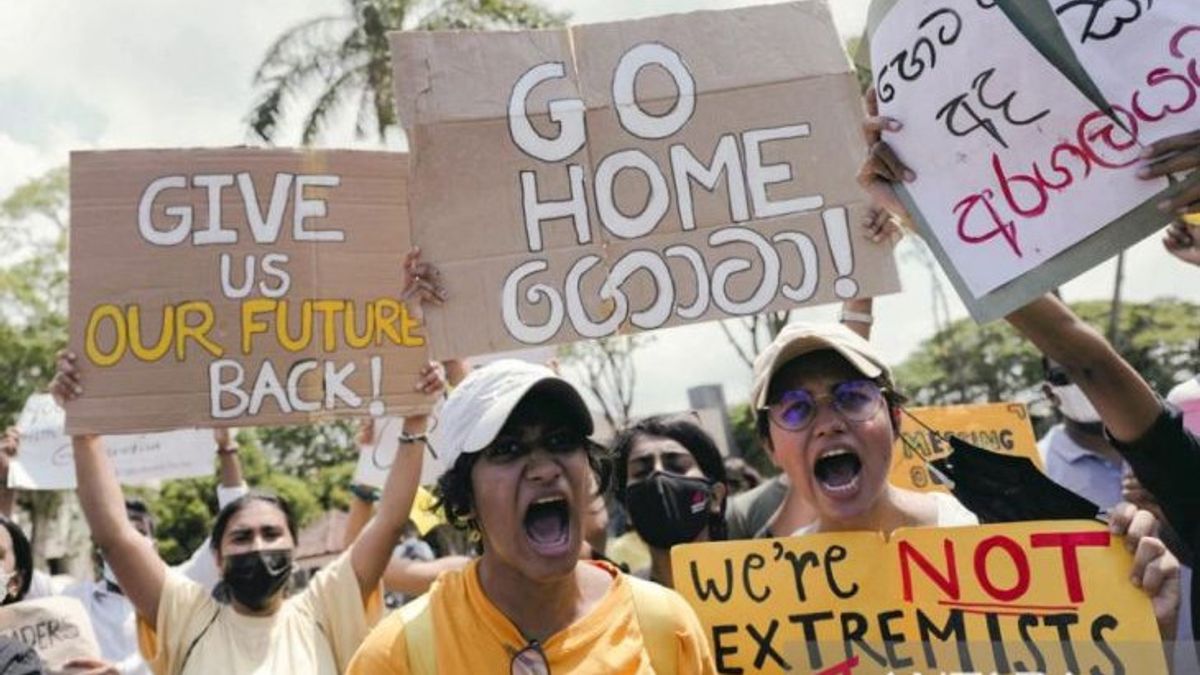JAKARTA The phenomenon of many countries in South Asia that are in debt has received special attention from the Minister of Finance (Menkeu) Sri Mulyani.
It was stated that conditions were getting tougher due to the trend of rising interest rates as a result of the central bank's efforts to control inflation.
As a result, the burden on the state on obligations becomes increasingly heavy.
On the other hand, the productive sector has not yet recovered after the COVID-19 pandemic and is now also affected by geopolitical factors.
According to Sri Mulyani, this situation is now a scourge in a number of South Asian countries.
"Last night I read an interview with India's central bank which stated that all countries in South Asia had debt stress, such as Bangladesh, Sri Lanka, and Pakistan, all of which were admitted to IMF patients," he said in an initial year meeting with a national banker titled CEO of the Banking Forum in Jakarta, Monday, January 9.
Sri Mulyani added that the situation is getting more complicated by the state with the need for large imports of energy and food.
Kata di, hal ini yang kemudian turut mendorong sentimen negatif untuk perjalanan ekonomi di sepanjang 2023.
This year's predictions from global institutions on the world economy are not very encouraging. Not only inflation and the possibility of a recession, but there are also problems with debt sustainability in various countries," he said.
Based on information compiled by the editors, it is known that Bangladesh is the most new country that is a patient of the IMF after agreeing to borrow aid packages worth US$4.5 billion or equivalent to Rp. 70.5 trillion (exchange rate of Rp. 15,680).
Previously, Sri Lanka was even declared a bankrupt country in 2022 after the government was unable to pay the debt burden of 51 billion US dollars to foreign creditors. This then made Sri Lanka activate a fresh withdrawal clause from the IMF.
Meanwhile, Pakistan is suspected to be on the verge of bankruptcy due to a decline in foreign exchange reserves which could threaten debt installments payment obligations.
Furthermore, the Minister of Finance also said that the current geopolitical aspect is one of the determinants of the strategic economy. In fact, he continued, during the globalization era, traditional national boundaries could be passed in the name of mutually beneficial cooperation.
Geopolitical is changing, what does this mean? Many say this will return like a cold war, a western and eastern block. Actually, the current episode is exactly the same as in the 70s, high inflation (with high tension east-west)," said Minister of Finance Sri Mulyani.
The English, Chinese, Japanese, Arabic, and French versions are automatically generated by the AI. So there may still be inaccuracies in translating, please always see Indonesian as our main language. (system supported by DigitalSiber.id)













